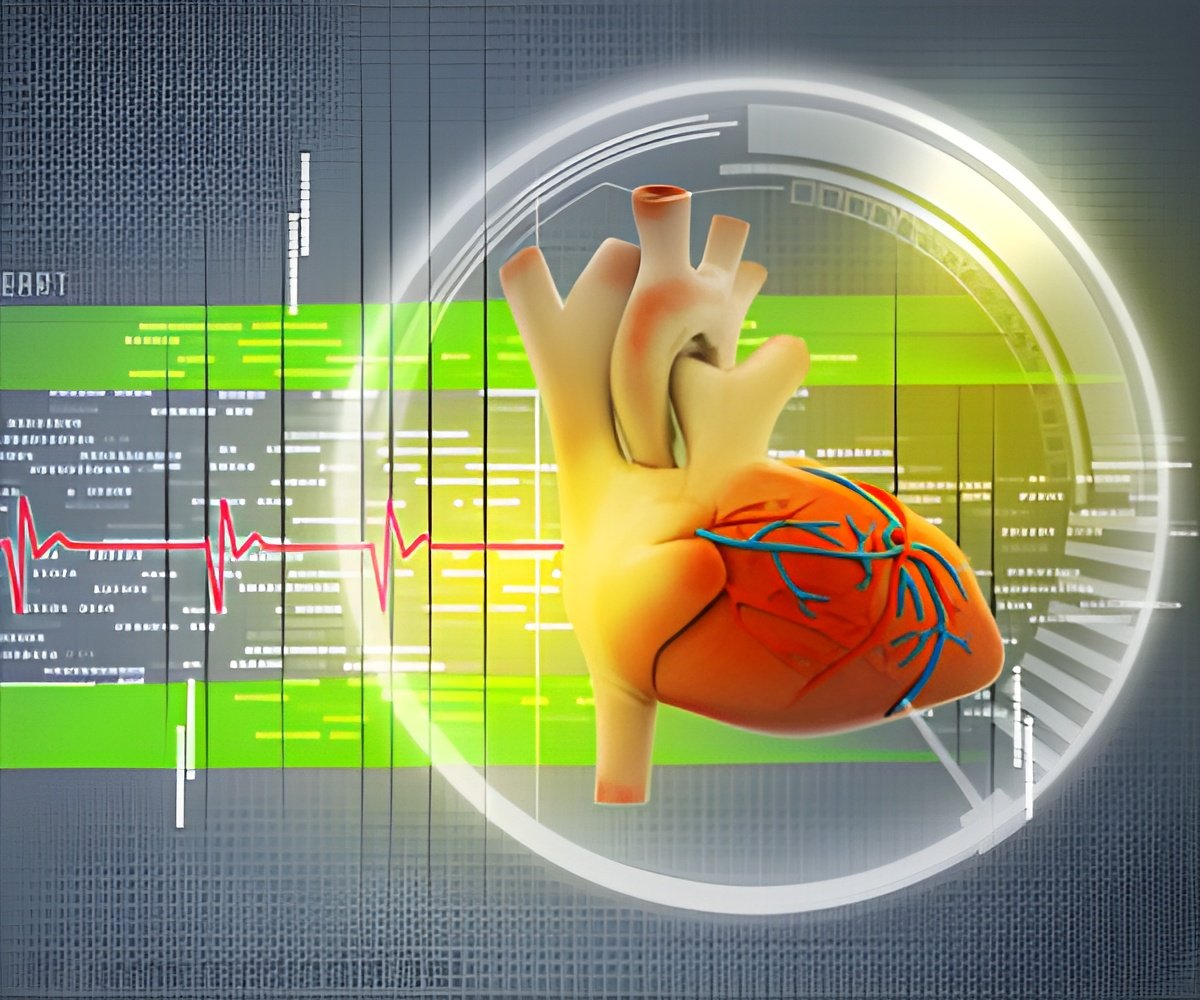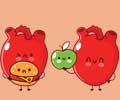Doctors have described it as the biggest heart transplant breakthrough in a decade, which also implies that it may reduce the shortage of donor organs.

Previously transplant units relied solely on donor hearts from brain dead patients whose hearts were still beating, but the clinic has recently transplanted two hearts which were donated after circulatory death (DCD) - where the heart is no longer beating - in both cases the patients are recovering well.
The transplants of DCD hearts comes as the result of combined research between the Victor Chang Cardiac Research Institute and St Vincent’s Hospital and the two clinics created a special preservation solution which works in conjunction with a "heart in a box" machine, known as the ex vivo organ care system (OCS).
The OCS allows the donor heart to be connected to a sterile circuit which restores the heart beat and keeps it warm, limiting the adverse affects associated with previous methods which saw hearts kept on ice.
Cold ischaemia, where the heart is dormant without oxygen or nutrients occurs under traditional methods where hearts are kept in an Esky on ice.
Cardiothoracic surgeon Assoc Prof Kumud Dhital, who performed the transplants with hearts donated after circulatory death (DCD), said that he "kicked the air" when the first surgery was successful. It was possible thanks to new technology and the incredible development of the preservation solution with this technology of being able to preserve the heart, resuscitate it and to assess the function of the heart has made this possible.
Advertisement













